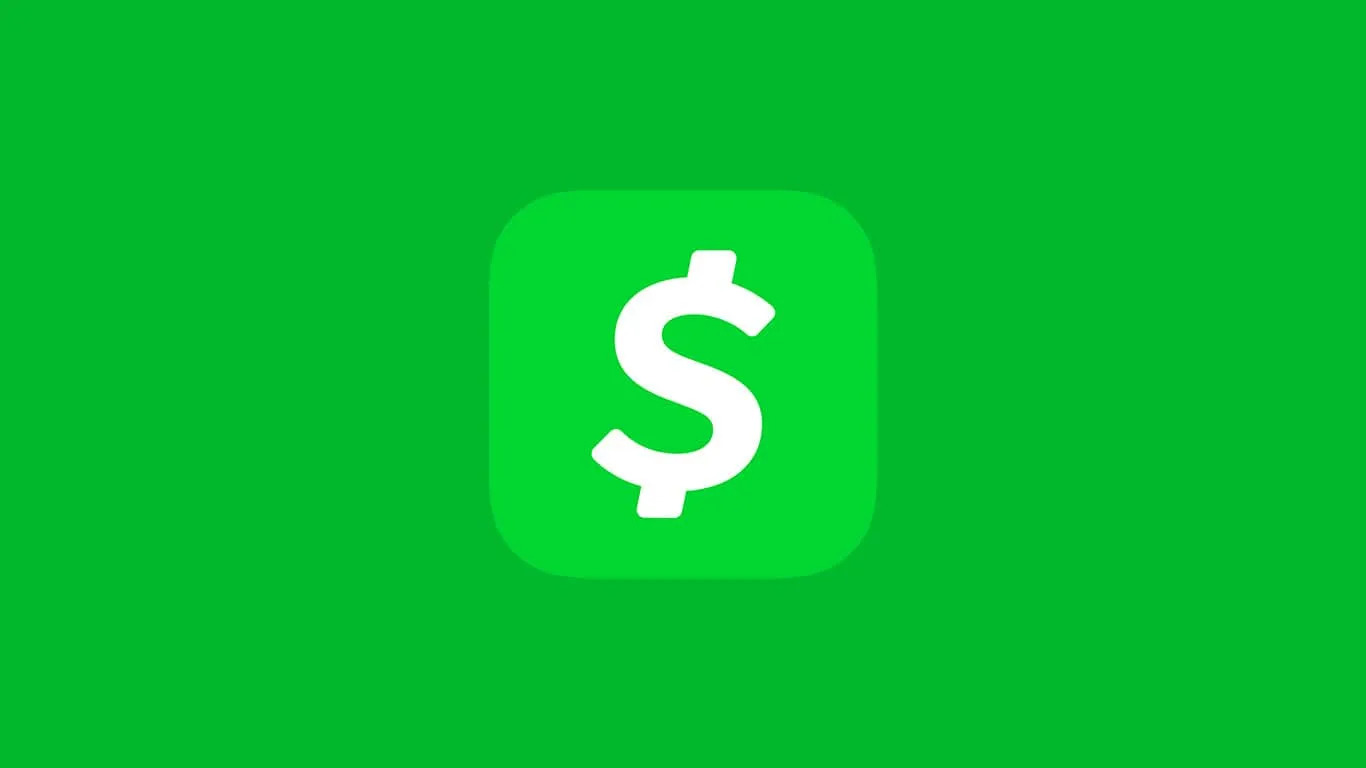In the ever-evolving landscape of financial technology (Fintech), innovation knows no bounds. One of the most intriguing developments in recent times is the emergence of a Cash App Clone. These replicants of the popular Cash App have taken the Fintech world by storm, reshaping the way we handle money, make payments, and manage our finances. In this article, we will dive deep into the world of Cash App clones, exploring their origins, functionalities, and the impact they are making in the Fintech industry.

Understanding Cash App Clones: What Are They?
Cash App clones are essentially mobile applications or software platforms that mimic the core features and functionalities of the original Cash App. Cash App, initially developed by Square, Inc., gained prominence for its simplicity, ease of use, and the ability to facilitate peer-to-peer payments seamlessly. These clones aim to replicate this success by offering similar services.
The Genesis of Cash App Clones
The concept of cloning successful apps is not new. However, the surge in Cash App clones can be attributed to the growing demand for user-friendly, secure, and efficient digital payment solutions. The original Cash App set a benchmark that many Fintech startups sought to emulate, leading to the proliferation of clones in the market.
Features and Functionalities: What Sets Cash App Clones Apart?
Cash App clones do more than just mimic the interface of the original; they strive to enhance and expand upon the existing features to attract a broader user base. Let’s explore some of the key features that make these clones appealing.
Peer-to-Peer Payments
Like the original Cash App, clones allow users to send and receive money effortlessly. This feature is at the core of their success, making it convenient for friends, family, or business associates to settle financial transactions.
Mobile Banking
Many Cash App clones offer a comprehensive mobile banking experience, including features like checking and savings accounts. This approach transforms the app from a mere payment platform into a full-fledged digital bank.
Investment Options
To stay competitive, some clones have integrated investment features. Users can invest in stocks, cryptocurrencies, or other assets directly through the app, simplifying the investment process.
Cash Card
Cash App clones often provide a virtual or physical debit card linked to the user’s account. This card can be used for making purchases online or at physical stores, further blurring the lines between traditional banking and Fintech.
The Impact on the Fintech Industry
The rise of Cash App clones has disrupted the Fintech industry in several ways.
Increased Competition
With multiple clones vying for market share, the competition in the Fintech space has intensified. This competition drives innovation, ultimately benefiting consumers with more choices and improved services.
Financial Inclusion
Cash App clones have made financial services more accessible to underserved populations. Their user-friendly interfaces and minimal requirements for account setup have helped bridge the gap between traditional banking and the unbanked or underbanked.
Pushing Traditional Banks to Adapt
Traditional banks are feeling the pressure to modernize their services and compete with the agility of Cash App clones. This has led to improvements in digital banking offerings from traditional financial institutions.
The Future of Cash App Clones
As the Fintech landscape continues to evolve, Cash App clones are expected to remain a prominent player. Their adaptability and willingness to innovate will likely keep them at the forefront of financial technology developments. However, regulatory challenges and security concerns will also pose significant hurdles for these clones to overcome.
In conclusion, the rise of Cash App clones represents a significant shift in the Fintech industry. These clones have redefined how we handle money and conduct financial transactions. While their impact is undeniable, their future success will depend on their ability to navigate the ever-changing regulatory landscape and maintain the trust of their users.
FAQs
1. Are Cash App clones safe to use?
Cash App clones vary in terms of security. It’s essential to choose a reputable clone with robust security measures and user reviews to ensure your financial data remains secure.
2. Can I use Cash App clones for international transactions?
Some Cash App clones offer international transaction capabilities, but fees and exchange rates may vary. Check the specific clone’s features for details.
3. Do Cash App clones charge fees for transactions?
Transaction fees may apply with Cash App clones, similar to the original Cash App. Review the fee structure of the clone you choose before using it.
4. Are Cash App clones available worldwide?
Availability depends on the clone’s operating regions. Some clones may be restricted to certain countries or regions.
5. How do Cash App clones make money?
Cash App clones typically generate revenue through transaction fees, subscription models, and investment services. Be sure to understand the revenue model of the clone you select.